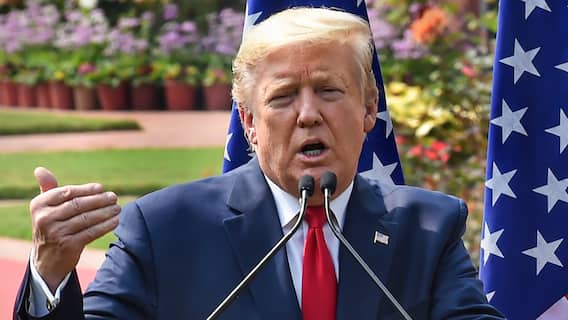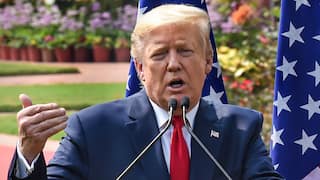BoJ Hikes Interest Rate For First Time In 17 Years
Notably, the BoJ has maintained a negative rate since 2016 amidst concerns about the nation’s ‘lost decades’ of stagnation and deflation and last hiked the rate back in 2007

The Bank of Japan (BoJ) on Tuesday raised the interest rate for the first time in 17 years and said that it was changing its short-term policy rate from -0.1 per cent to between 0 to 0.1 per cent.
The central bank shared that its officials “assessed the virtuous cycle between wages and prices, and judged it came in sight that the price stability target of two percent would be achieved in a sustainable and stable manner towards the end of the projection period of the January 2024 Outlook Report”, reported AFP.
The bank also noted that it would be closing its other unorthodox approaches such as its yield curve control programme on bonds and purchasing risk assets like exchange-traded funds (ETFs) and real estate investment trusts.
Notably, the BoJ maintained a negative rate since 2016 amidst concerns about the nation’s ‘lost decades’ of stagnation and deflation. It last raised the rates in 2007. However, the Federal Reserve along with other central banks hiked the rates to keep a tab on the inflation after Russia invaded Ukraine in 2022.
This hike will essentially mean expensive loans for the public. It will also elevate Japan’s bill for servicing the national debt. Currently, the country’s debt stands at nearly 260 per cent of the national output, making it one of the highest in the world.
The BoJ maintained the negative interest rates so far as it was aimed at encouraging the banks to lend more to businesses and help push the economy ahead. The central bank has spent huge amounts of money on purchasing bonds and other assets to help add more liquidity to the financial system.
However, the policy has made the domestic currency, Yen, weak against the American dollar. This has helped the exporters, however, for consumers, it has made imports much more expensive.
Also Read : Layoffs At China's Longi: World's Largest Solar Manufacturer To Axe 5% Of Workforce
Trending News
Top Headlines








































